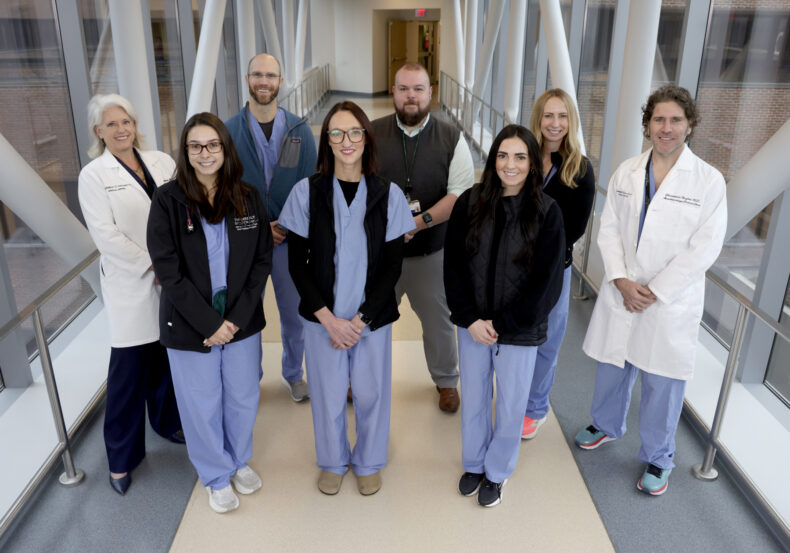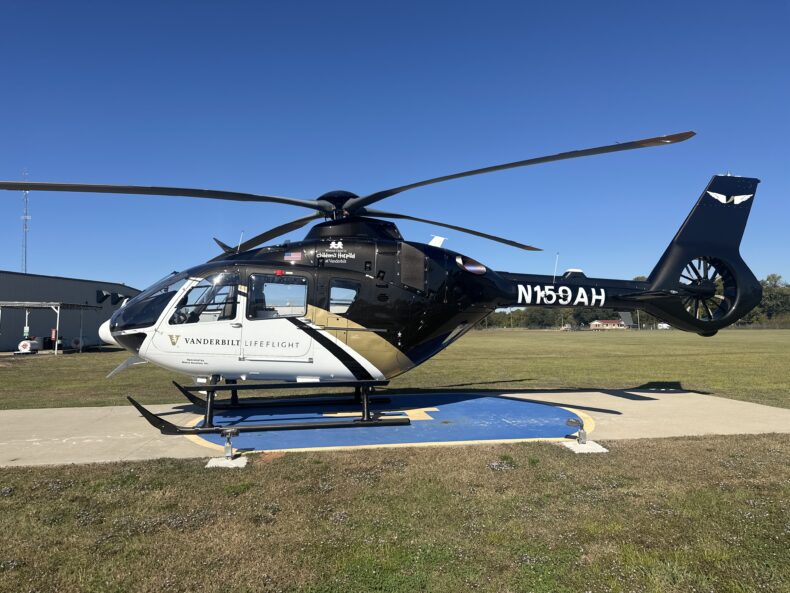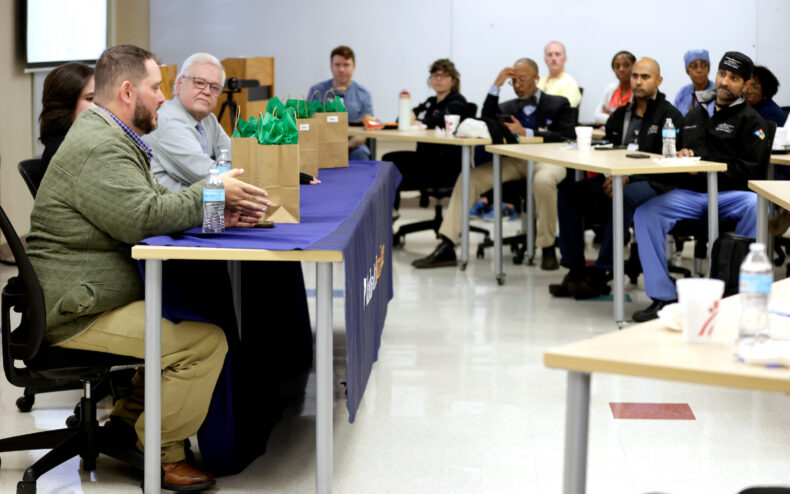
Explore by Highlight
Explore by Topic
Explore by Location
- Monroe Carell Jr. Children’s Hospital at Vanderbilt
- Vanderbilt Bedford Hospital
- Vanderbilt Clarksville Hospital
- Vanderbilt Health Affiliated Network
- Vanderbilt Health One Hundred Oaks
- Vanderbilt-Ingram Cancer Center
- Vanderbilt Kennedy Center
- Vanderbilt Psychiatric Hospital
- Vanderbilt Wilson County Hospital
- Vanderbilt Stallworth Rehabilitation Hospital
- Vanderbilt Tullahoma-Harton Hospital
- Vanderbilt University Hospital
Featured Story












